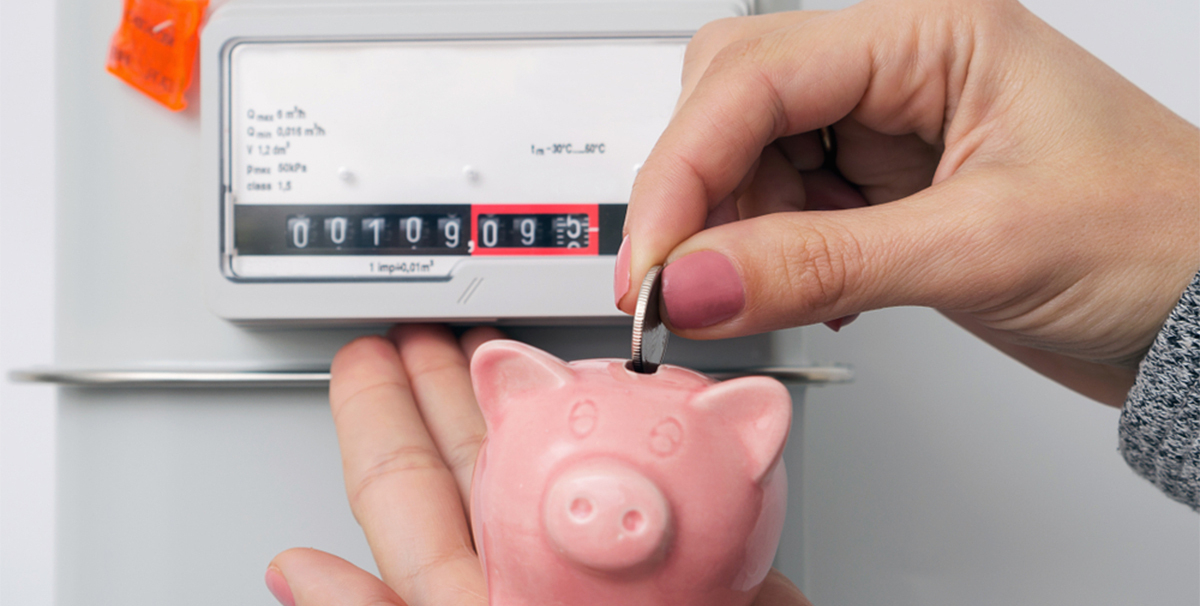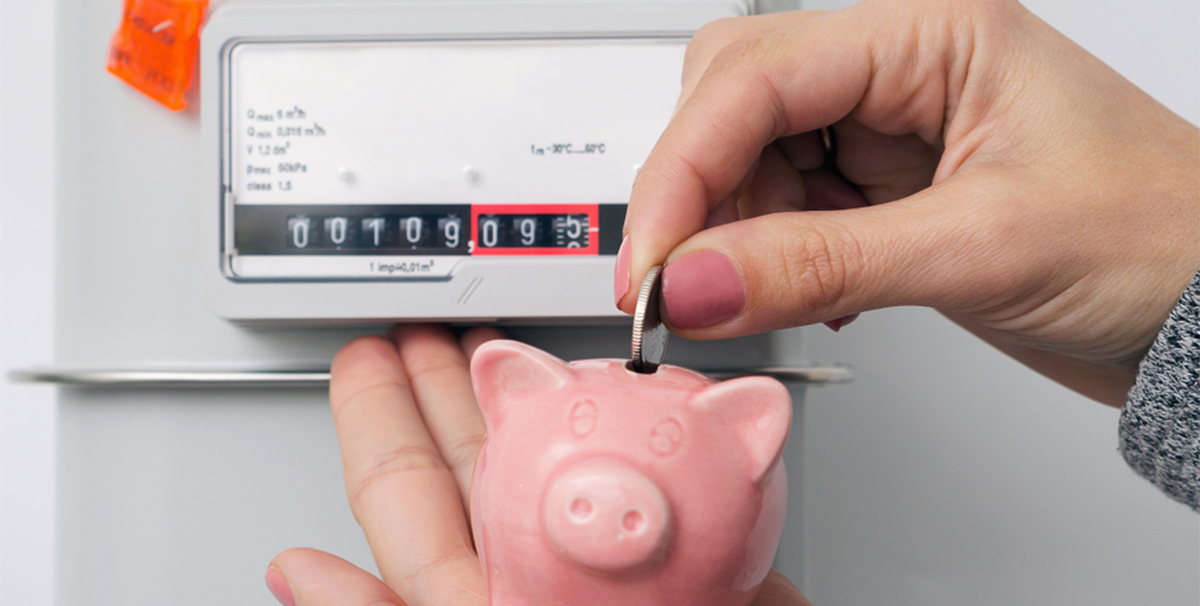Living Frugally in Retirement With Joy


Retirement is a big deal. It's a whole new chapter of your life. No more morning commutes, no more status meetings that could’ve been emails, and finally, you can have your coffee while it’s still hot.
But as relaxing as retirement sounds (and yes, it can be), there’s that little voice in your head whispering: “Am I spending too much? Will my savings last?” However, you don’t have to live like a monk to make your money stretch. Living frugally in retirement doesn’t mean cutting joy out of your life. In fact, it can bring more of it.
This blog is your friendly guide to help you find balance, confidence, and even a little fun. Whether you're already retired or just planning ahead, you can start living frugally with our tips that can help you feel more secure and more satisfied.
After retirement, you can finally have a carefree, stressless, and “do whatever you want” life. But it doesn’t mean you can literally do whatever you want, especially when it comes to spending money. It's a journey where you can enjoy carelessly, but you also have to save for rainy days. Frugality is what you need to adapt to in this period, and here are the tips to help you with that:
Let’s start things off with the basics, the money stuff. We’re not diving into spreadsheets here (unless that’s your jam), but we do need to lay a foundation.
1. Track Your Spending
You know how it feels when you open the fridge and realize you've got two jars of mustard but no milk? That’s kind of what unchecked spending looks like. Start writing down what you’re spending. You’ll quickly see where those sneaky dollars are running off to, and now you can catch them.
2. Create a Flexible Monthly Budget
The keyword here is flexible. You’re not budgeting like a government accountant. You’re simply giving every dollar a purpose. Include a little “fun fund.” Frugality doesn’t mean austerity; it means intention. This is your money. Make it work for the things that matter most to you.
3. Prioritize Needs Over Wants
This one’s not about guilt, it’s about clarity. When you're eyeing that shiny kitchen gadget or the 15th pair of comfy slippers, just ask: “Will this truly add value to my life?”
Sometimes the answer is yes. Sometimes it’s “Nah, I just saw it on sale.”
4. Automate Savings (Even a Small Amount)
Even if you’re retired, there’s power in saving. Automatically moving a little into a “rainy day” account (even $20 a month) can be a huge mental win. It builds a sense of control, and yes, those rainy days do show up.
5. Cut Out Unused Subscriptions
Remember that streaming service you signed up for during lockdown? Still using it? If not, cancel it. You’re not being stingy, you’re just choosing where your dollars go. That’s powerful.
Your home can be a budget sinkhole if you’re not careful. Thankfully, there are simple ways to save without turning into a person who looks for pennies in the sofa.
6. Consider a More Affordable Living Arrangement
This might be a sensitive topic, but give it some thought first. If you’re rattling around in a house that’s too big (or too expensive), downsizing could mean less maintenance, lower taxes, and more peace of mind. Plus, less space means fewer surfaces to dust. Win-win.
7. Reduce Energy Bills with Small Upgrades
Energy-efficient bulbs, weather stripping, and turning off lights when you leave the room (like your dad used to grumble about), these little things can save real money over time.
8. Try DIY Home Maintenance When Possible
No, you don’t need to become Bob Vila overnight. But small tasks, like unclogging a drain or painting a room, can be wallet-friendly. YouTube is your best friend here.
9. Sell Things You Don’t Need
If it doesn’t spark joy or pay rent, it might be time to let it go. Selling unused items on local marketplaces can give you extra cash and create space for other things.
10. Explore Property Tax Breaks for Seniors
Many areas offer tax relief programs for retirees. It’s worth a quick call to your local government office or a look online to see if you qualify. It’s free money, basically.
Food is one of life’s greatest joys and biggest expenses. But good meals don’t have to break the bank.
11. Plan Meals and Cook at Home
Meal planning sounds dull, but it can be a creative and even fun process. Browse recipes, make a grocery list, and cook in batches. You’ll save money, avoid food waste, and probably eat healthier, too.
12. Buy in Bulk or Shop Sales
Staples like rice, beans, and pasta are great for bulk buys. But it doesn’t mean to buy anything you see on sale. Just don’t fall for the “25 pounds of mayonnaise” trap unless you’re running a sandwich shop.
13. Use Coupons and Senior Discounts
Many stores offer discounts for seniors right on their websites, including digital coupons and loyalty deals. Get the benefits of these discounts.
14. Freeze Leftovers for Future Meals
Don’t toss extra portions, freeze them! You’ll thank yourself next Tuesday when you don’t feel like cooking.
15. Grow Your Own Veggies
After retirement, you need hobbies to fill your time, and growing veggies is a profitable one. Even a small balcony can support a coriander plant or a cherry tomato vine. It’s cheaper, fresher, and surprisingly satisfying.
Frugal living in retirement doesn’t mean cutting out fun. It means redefining it. Here's how to keep your soul smiling without draining your wallet.
16. Take Advantage of Free Community Events
Local concerts, workshops, and festivals often cost nothing but your time. They’re a great way to stay engaged and meet people. Plus, who doesn’t love a free music night at the park?
17. Use the Library for Books, Movies, and Classes
Libraries aren’t just for books anymore. Many offer movie rentals, language classes, tech help, and more. And it’s all free. Your tax dollars at work!
18. Use Senior Travel Deals
Many travel companies offer discounts just for being seasoned (in age, not spice). Look for off-season pricing, group tours, or senior-specific packages that give you more for less.
19. Volunteer to Stay Social Without Spending
Giving your time can be even more fulfilling than giving your money. Whether it’s at a local animal shelter or food pantry, volunteering keeps you active, engaged, and connected.
20. Find Joy in Simple Hobbies
Knitting, bird-watching, walking with a friend, journaling, learning a new instrument, doing puzzles, these aren’t just hobbies; they’re soul-filling, stress-reducing, and beautifully budget-friendly.
So there you have it! 20 real, doable, and kind-of-fun ways to start living frugally in retirement with joy, not dread. Frugality doesn’t mean missing out. It means leaning into what really matters. To connection, creativity, peace of mind, and maybe even a few happy surprises along the way.
You don’t need to do all of these tips at once. Try one. Then another. See how they feel. Adjust. Let go of what doesn’t serve you. Keep what does. And remember: You’ve earned this chapter of your life. You’ve worked, saved, loved, and learned. Now you get to enjoy it on your terms.

Hi! I’m a versatile writer with a strong desire to save money and help others do the same. I share practical life hacks, smart couponing strategies, and money management tips to help you make the most of every dollar.









































